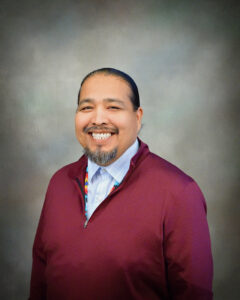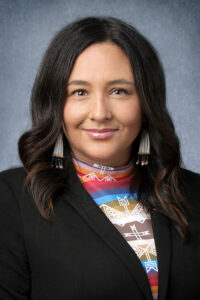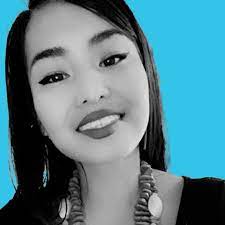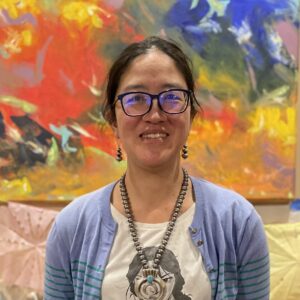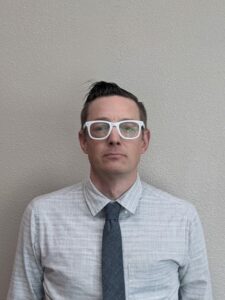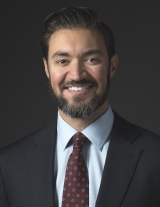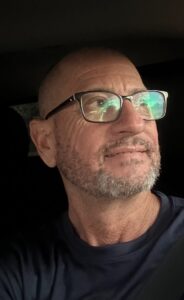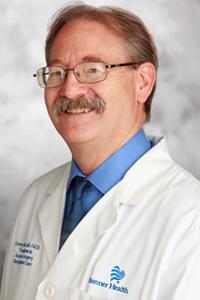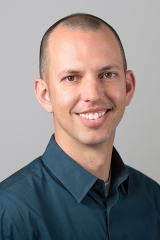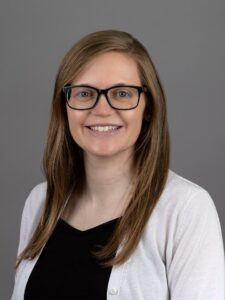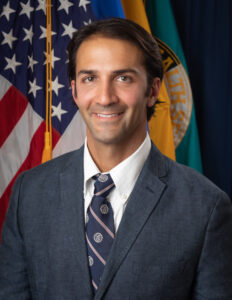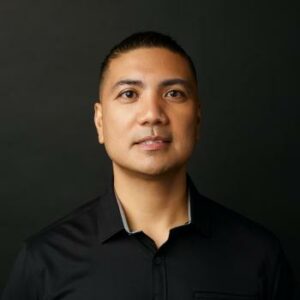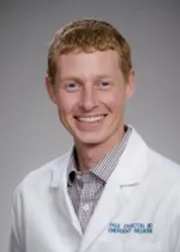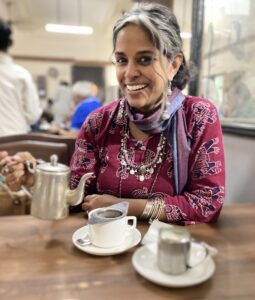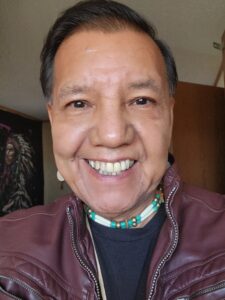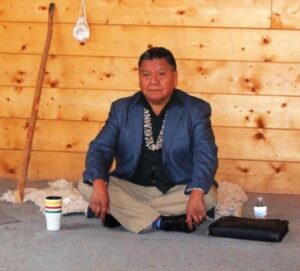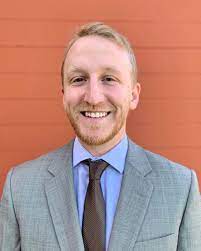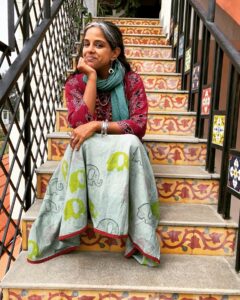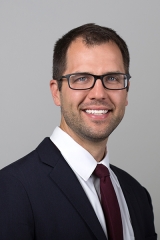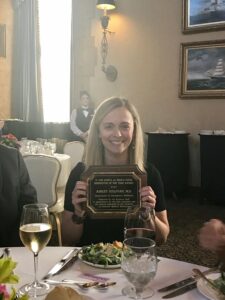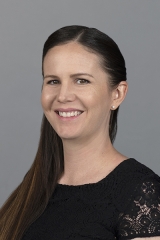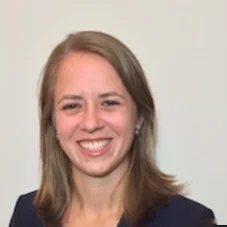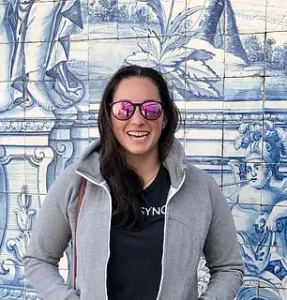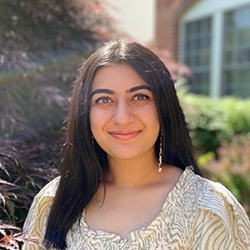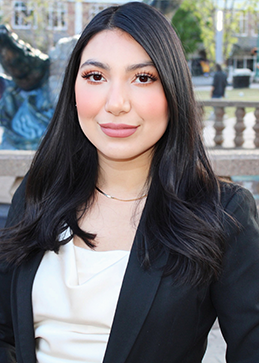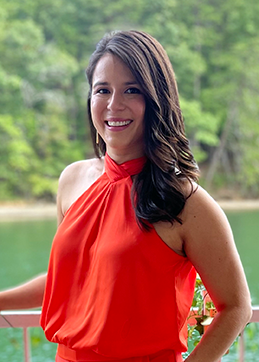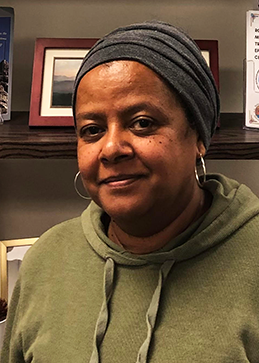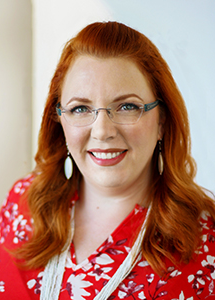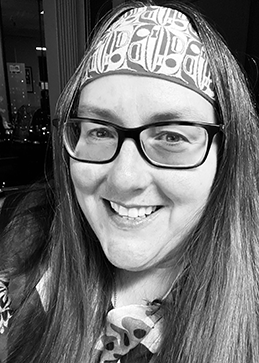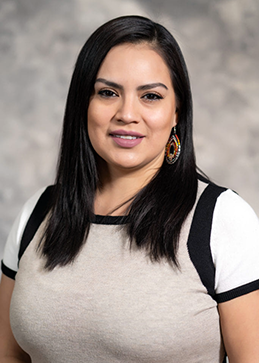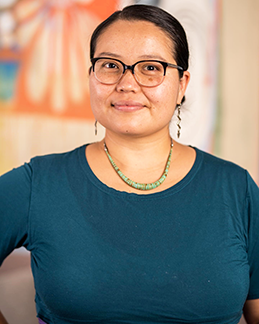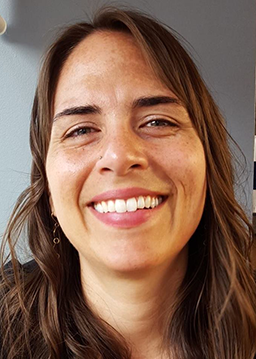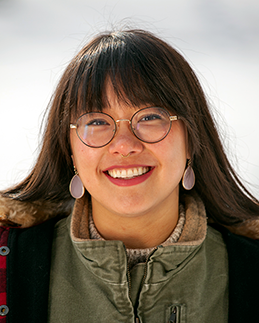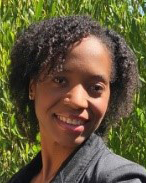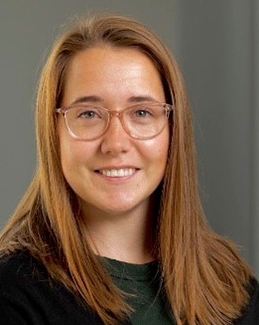In 2003, the Extension for Community Healthcare Outcomes (ECHO) model was developed by a physician at the University of New Mexico to increase rural clinicians’ ability to treat hepatitis C.
In 2017, the Northwest Portland Area Indian Health Board established its first ECHO program under the name Indian Country ECHO. The aim of this ECHO program was to create a welcoming learning environment where clinicians and staff serving American Indian and Alaska Native people could receive guidance and mentorship from clinical experts on treating and preventing hepatitis C.
What staff and participants quickly observed was that providers who regularly participated in the hepatitis C ECHO program grew their knowledge such that they were able to treat patients with this condition in house. Bringing specialty care directly to patients not only reduced costs, it reduced patients’ need to travel outside of their community for services. Furthermore, clinicians and staff felt supported by their ECHO community, whom they could turn to for professional guidance, accurate expert advice, and case consultation.
Today, Indian Country ECHO continues to expand American Indian and Alaska Native peoples’ access to high-quality specialized care through offering providers ECHO programs on a variety of topics including:
- Behavioral Health
- Community Health Aid Program
- COVID-19
- Dementia
- Diabetes
- Hepatitis C
- HIV/AIDS
- Harm Reduction
- Infectious Diseases
- Maternal and Child Health
- Palliative Care
- Peer Recovery
- Pharmacist-led SUD
- PrEP
- Substance Use Disorders
- Trans and Gender-Affirming Care
- Trauma Care
- Virtual Care
In addition to offering providers a variety of ECHO programs, Indian Country ECHO provides no cost trainings, as well as technical assistance and capacity building services. We also facilitate the Indian Country ECHO Collective – a community of predominantly Indigenous organizations that provide ECHO services across the globe.
